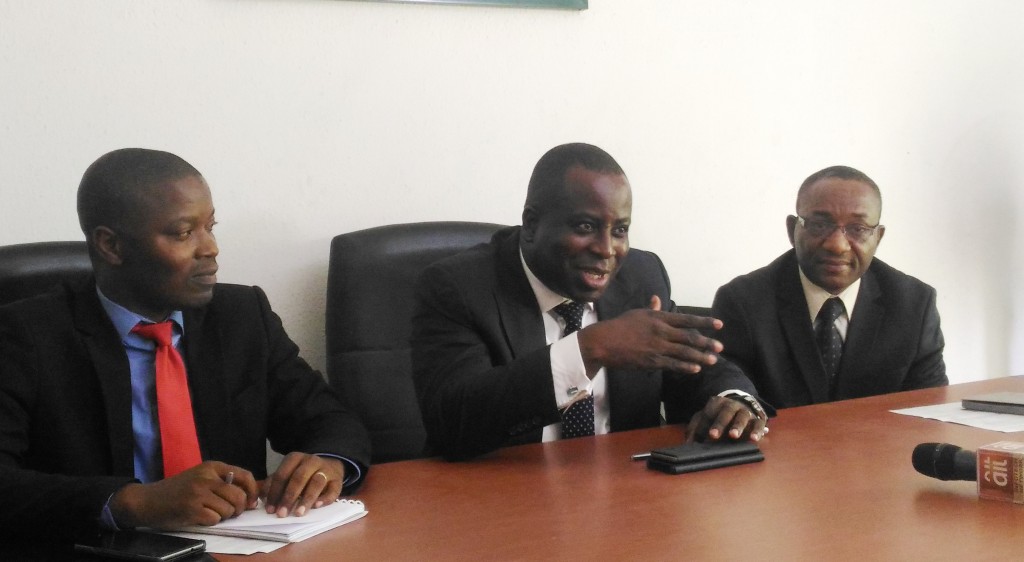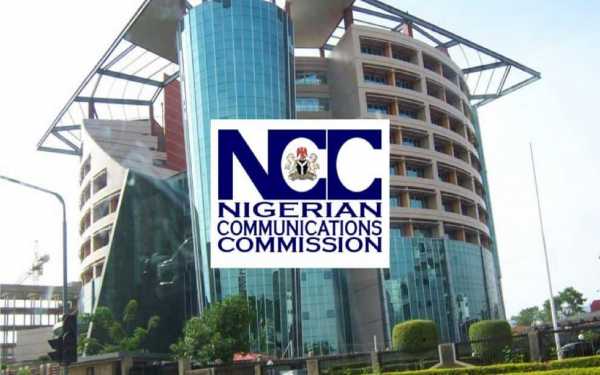President of the Association of Telecoms Companies of Nigeria (ATCON), Engr Olusola Teniola, has raised an issue of urgent continental importance, saying “The data centric landscape is yet to be fully defined and crystallised in SSA.”
He argued that “In Nigeria, for instance, where there has been recorded evidence of latent demand for localised content and associated services, the potential remains untapped due to multi-faceted recurring structural challenges.
In his presentation at a recent function in Lagos, Teniola averred that “Multi-SIM usage is prevalent in the growing smart phone adoption rate numbers, albeit constrained by the weak economic environment and low consumer purchasing power, so bandwidth hungry applications and resource demanding streaming services are contained within walled garden areas in the big urban cities where infrastructure is struggling to meet quality of service expectations.”
“This configuration is typical, in many other emerging SSA markets and the landscape view is buttressed by Q1 financial results released by MTN, Vodacom and Orange, the leading juggernauts in SSA of an acceleration in the transformation of their current voice centric business models to one that typifies and is existent in one of the emergent FAANG competitors, just in order to retain their customer relationship that they’ve used to build up their empires in the ‘old world’ order.
According to him, even though connectivity is still a viable proposition in the context of SSA, however, “with the recognition around the globe, that an all-IP network can now be easily dimensioned to offer converged multi-media services on the back of a fiber to x formation and/or 3G/4G access network, it was inevitable that the decline in ARPU in line with OTT alternatives, begged the question, whether rolling out infrastructure into rural areas was such a wise or smart move after all, even with Government subsidies.”
Teniola made it clear that “The infrastructure gap in SSA is massive (African Finance Corporation (AFC)), estimates, USD$3trn over a 30year period) and many governments are struggling with budget deficits against budget sizes totally dwarfed by the average annual revenue line of any one of the FAANGs. Yet, the reality is that Africa and SSA in particular; offers much opportunity for future growth in the mobile broadband space.”









